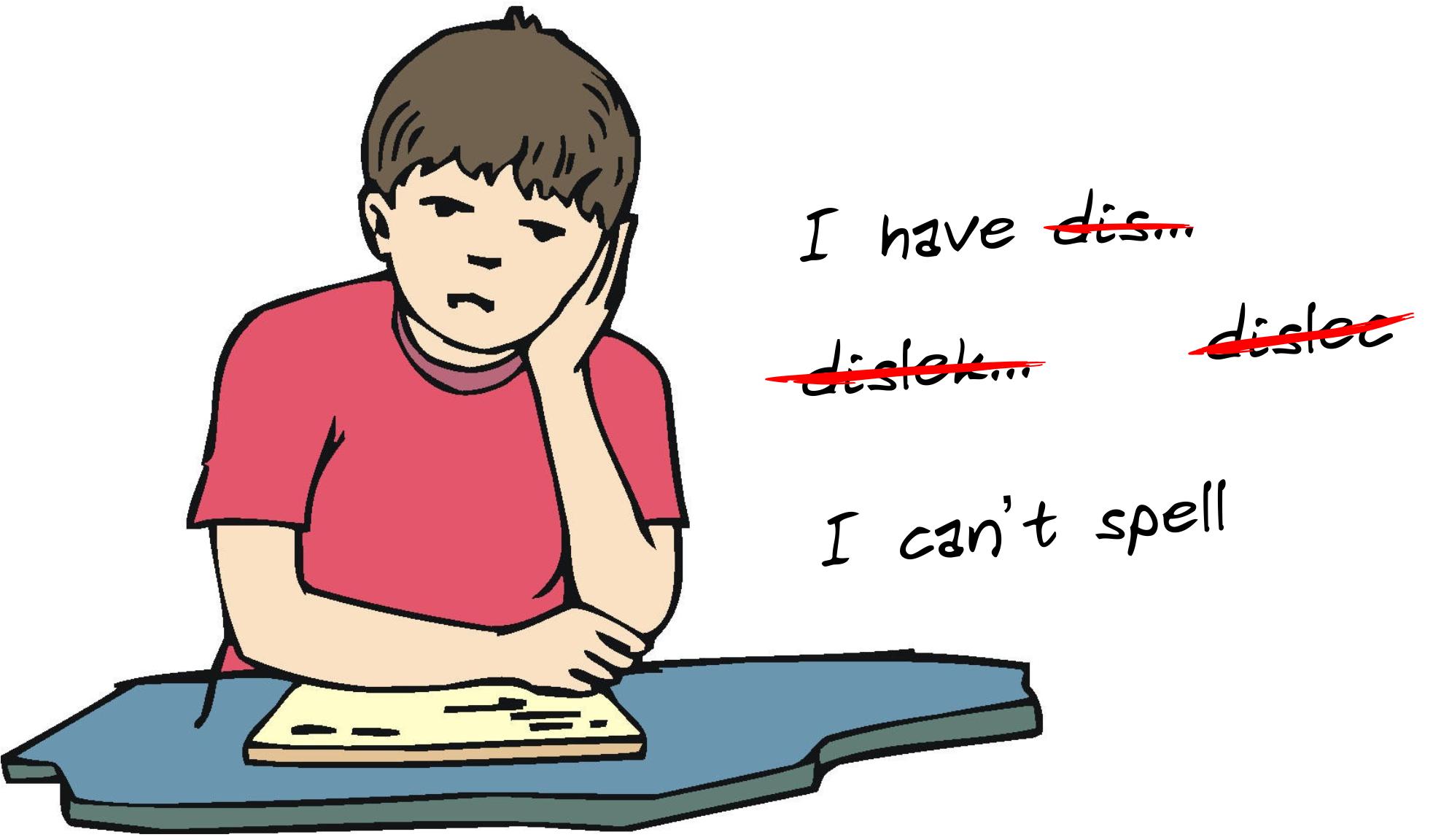Family, Children & Elderly
Dyslexia
By D.A. (staff writer) , published on November 06, 2020

Medicine Telehealth Health dyslexia learning issue learning disorder
Dyslexia is a learning disorder that involves difficulty reading due to problems identifying speech sounds and learning how they relate to letters and words (decoding). Also called reading disability, dyslexia affects areas of the brain that process language.
People with dyslexia have normal intelligence and usually have normal vision. Most children with dyslexia can succeed in school with tutoring or a specialized education program. Emotional support also plays an important role.
Though there's no cure for dyslexia, early assessment and intervention result in the best outcome. Sometimes dyslexia goes undiagnosed for years and isn't recognized until adulthood, but it's never too late to seek help.
Diagnosis
People with dyslexia are most likely to receive a diagnosis as children or young adults.
Adults who receive this diagnosis have usually had the condition their whole lives. However, a person can acquire dyslexia because of a brain injury.
If a parent, guardian, or teacher suspects that a young person has dyslexia, they should ask about a professional evaluation. The school may be able to help. An early diagnosis is more likely to lead to effective management.
Receiving a dyslexia diagnosis may open the door to more support for the child or adolescent. They may become eligible for special education services, support programs, and services in colleges and universities.
Symptoms
People can show symptoms of dyslexia at any age, but they tend to appear during childhood.
Dyslexia can cause challenges that involve:
Reaching development milestones
Children with dyslexia may learn to crawl, walk, talk, and ride a bicycle later than their peers.
Learning to speak
A child with dyslexia may take longer to learn to speak. They may also mispronounce words, find rhyming challenging, and appear not to distinguish between different word sounds.
Learning to read
This difficulty can present as early as in preschool. A child may find it difficult to match letters to sounds, and they may have trouble recognizing the sounds in words.
Dealing With Dyslexia
Although dealing with dyslexia can be tough, help is available. Under federal law, someone diagnosed with a learning disability like dyslexia is entitled to extra help from the public school system. A child or teen with dyslexia usually needs to work with a specially trained teacher, tutor, or reading specialist to learn how to read and spell better.
The best type of help teaches awareness of speech sounds in words (called phonemic awareness) and letter-sound correspondences (called phonics). The teacher or tutor should use special learning and practice activities for dyslexia.
A student with dyslexia may get more time to complete assignments or tests, permission to record class lectures, or copies of lecture notes.
Using a computer with spelling checkers can be helpful for written assignments. For older students in challenging classes, services are available that provide recorded versions of any book, even textbooks. Computer software is also available that "reads" printed material aloud. Ask your parent, teacher, or learning disability services coordinator how to get these services if you need them.
Emotional support is very important. People with dyslexia often get frustrated because no matter how hard they try, they can't seem to keep up with other students.
They might feel that they're not as smart as their peers, and may cover up their problems by acting up in class or being the class clown.
They may try to get other students to do their work for them. They may pretend that they don't care about their grades or that they think school is dumb.
Family and friends can help people with dyslexia by understanding that they aren't stupid or lazy, and that they are trying as hard as they can.
It's important to recognize and appreciate each person's strengths, whether they're in sports, drama, art, creative problem solving, or something else.
References
Dyslexia - Symptoms and causes. Mayo Clinic. Accessed October 30, 2020. https://www.mayoclinic.org/diseases-conditions/dyslexia/symptoms-causes/syc-20353552
Dyslexia: Symptoms, treatment, and types. Published February 25, 2020. Accessed October 30, 2020. https://www.medicalnewstoday.com/articles/186787
Understanding Dyslexia (for Teens) - Nemours KidsHealth. Accessed October 30, 2020. https://kidshealth.org/en/teens/dyslexia.html
Find articles related to: Medicine Telehealth Health dyslexia learning issue learning disorder
More articles about Family, Children & Elderly
Back to the Health Tips Index




